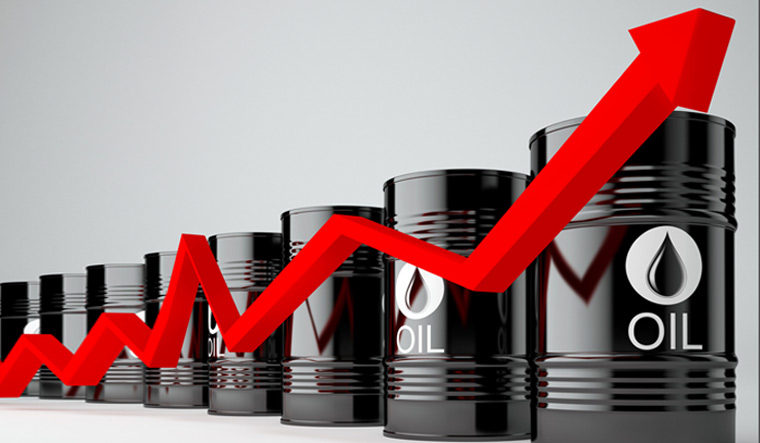Oil rose on Monday due to political turmoil in major oil-producing nations, Reuters reported.
The death of Iran’s president in a helicopter crash and Saudi Arabia’s crown prince cancelling his Japan trip over concerns about the king’s health drove the increase
Brent crude climbed by 41 cents to $84.39 a barrel, its highest since May 10. Meanwhile, US West Texas Intermediate (WTI) crude for June edged up 23 cents to $80.29 a barrel, also reaching its highest point since May 1. Notably, the June contract is set to expire on Tuesday, with the more active July contract at $79.89, up by 31 cents.
The recent political developments in major oil producing countries injected uncertainty into energy markets.
Analyst Tony Sycamore suggested WTI prices might rise further, potentially reaching $83.50, especially with recent Chinese property measures like relaxing mortgage rules.
Last week, Brent saw a 1 per cent increase, marking its first weekly gain in three weeks, while WTI rose by 2 per cent on improved economic indicators from the US and China, the world’s top oil consumers. Despite regional unrest, oil prices remained relatively stable.
Warren Patterson noted that without fresh catalysts, the oil market is likely to remain rangebound until clarity emerges around OPEC+ output policy at their June 1 meeting. The market seems unfazed by geopolitical developments, possibly due to OPEC+ significant spare capacity.
Energy analyst Saul Kavonic expressed confidence in the continuity of Saudi strategy regardless of the crown prince’s health issues. Meanwhile, in the US, Washington took advantage of lower oil prices by purchasing 3.3 million barrels to replenish its Strategic Petroleum Reserve.


